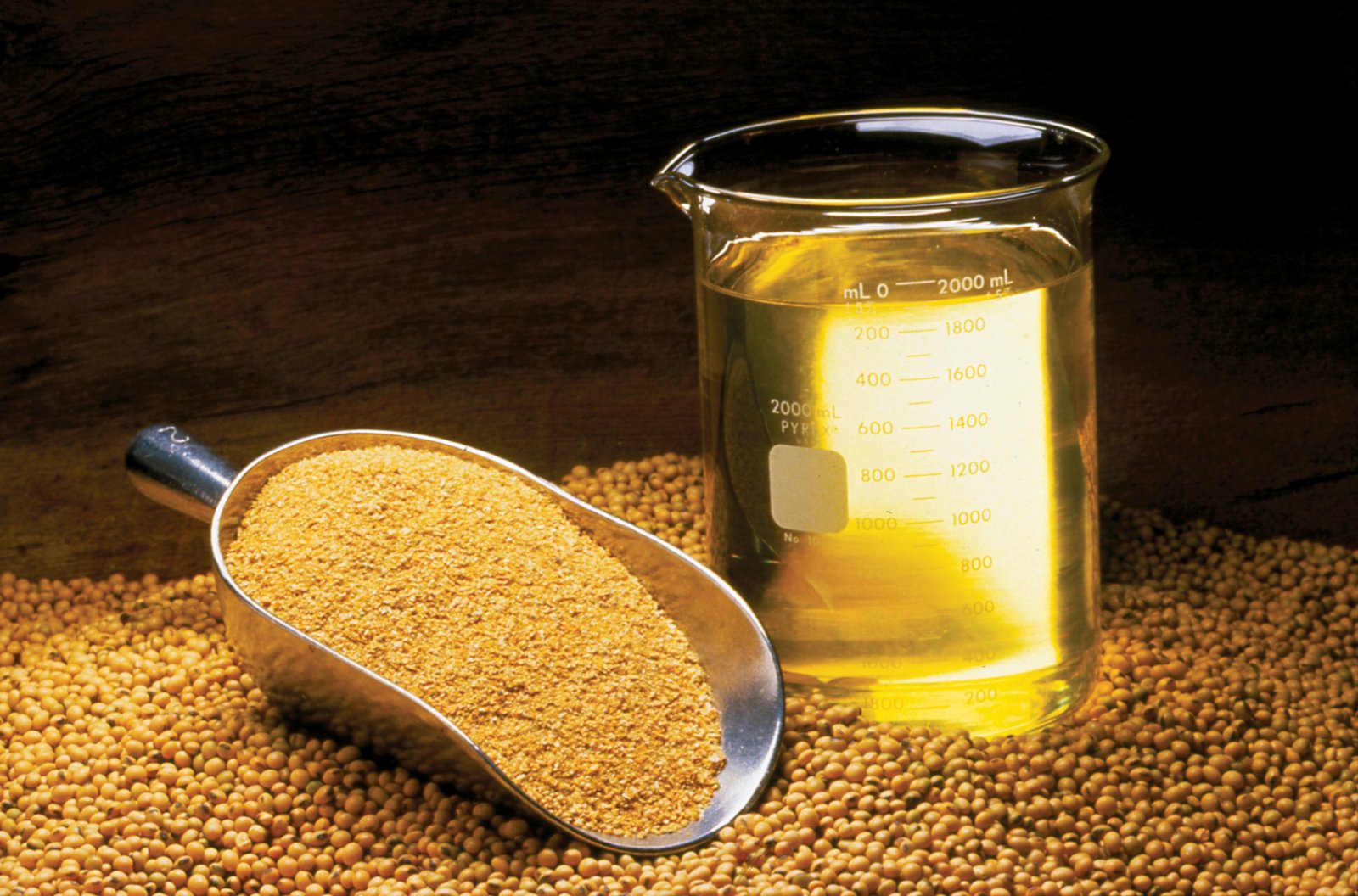Saturday, 28 February 2026
U.S.-grown soybean oil achieves FDA’s qualified heart health claim
Food manufacturers can promote eligible soybean oil products as U.S. grown and now, heart healthy. Singapore – The Food and Drug Administration authorized the use of a qualified health claim…

Food manufacturers can promote eligible soybean oil products as U.S. grown and now, heart healthy.
Singapore – The Food and Drug Administration authorized the use of a qualified health claim confirming soybean oil’s ability to reduce the risk of coronary heart disease. Soybean oil is the most widely used edible oil in the United States. Most oils sold as vegetable oil are soybean oil.
The new heart healthy claim, which food manufacturers are encouraged to add to the label of qualified soybean oil and soybean oil-containing products, states: “Supportive but not conclusive scientific evidence suggests that eating about 1½ tablespoons (20.5 grams) daily of soybean oil, which contains unsaturated fat, may reduce the risk of coronary heart disease. To achieve this possible benefit, soybean oil is to replace saturated fat and not increase the total number of calories you eat in a day. One serving of this product contains [x] grams of soybean oil.”1
The claim is supported by a comprehensive review of scientific literature and recommendations from governmental and professional organizations.
“We conclude strongly that lowering intake of saturated fat and replacing it with unsaturated fats, especially polyunsaturated fats, like those found in soybean oil, will lower the incidence of cardiovascular disease,” said Penny M. Kris-Etherton, co-author of “Dietary Fats and Cardiovascular Disease, A Presidential Advisory from the American Heart Association” published in June 2017.
Most soybean oil is made with U.S.-grown soybeans and has a favorable fatty acid composition, containing 0 grams of trans fat and just 2 grams of saturated fat per 1 tablespoon serving. It is one of the few non-fish sources of omega-3 polyunsaturated fatty acids.
Technology
Ingredion Thailand Achieves 100% Sustainably Sourced Cassava
Feb 27, 2026 | Company News
Deakin University and Bellarine Foods Partner to Develop Sustainable Marine-Derived Proteins
Feb 26, 2026 | Australia
Royal Unveils Refreshed Jute Bag Design for 20lb Authentic Basmati
Feb 25, 2026 | Company News
Food Testing
Australian Medical Bodies Push for Compulsory Health Star Labelling
Feb 24, 2026 | Australia
Tim Hortons Singapore Secures Majlis Ugama Islam Singapura Halal Certification Ahead of Ramadan
Feb 23, 2026 | Company News
More Popular
Fagron Acquires Pharmavit Europe for €68Mn to Expand Nutraceutical Portfolio
Feb 27, 2026 | Company News
Arla Foods Invests EUR 300Mn in New Cheese Dairy in Sweden
Feb 27, 2026 | Company News
Beyond Meat Broadens Portfolio Beyond Protein with Sparkling Plant-Based Drink Line
Feb 27, 2026 | Beverages






